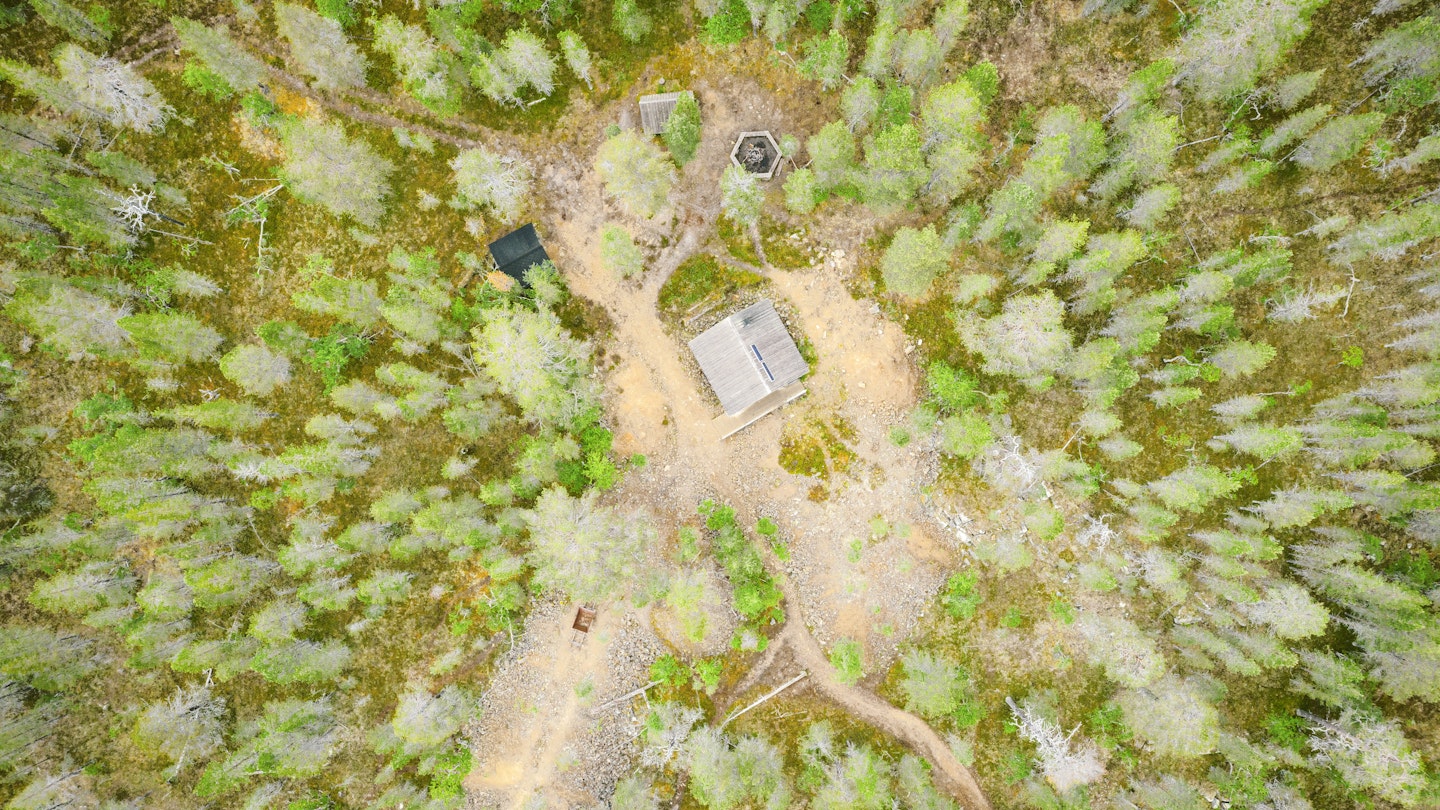‘Zero waste’ is one of the biggest lifestyle shifts of the 21st century, aiming to combat the human impact on our planet by reducing consumption, minimizing waste, and maximizing recycling. However, with traveling anywhere (other than on foot or by bike) generating a carbon footprint, is zero-waste travel a realistic – and achievable – goal?
‘Zero-waste travel is all about effort, not perfection,’ says Anita Vandyke, an Australian zero-waste expert. ‘As a former aerospace engineer, I have a unique insight into the environmental impact of air travel, but until a sensible, sustainable switch is available, there are plenty of other ways we can help to mitigate our impact while exploring our incredible planet,’ she adds. Here’s how.
Planning Your Trip
‘Visiting destinations committed to reducing waste certainly makes it easier for consumers to follow suit,’ says Vandyke. Several countries and many cities, from Delhi to San Francisco, have now banned plastic bags. Moreover, the European Union voted to phase out single-use plastics by 2021. Therefore, Vandyke recommends choosing accommodation wisely. ‘Self-catering options are ideal, as it allows you to shop at markets and cook your own food, thereby eliminating takeaway and restaurant waste,’ she explains.

Your choice of airline can significantly affect your zero-waste goals. ‘While airline waste is still a big problem, many carriers have taken steps to reduce what goes to landfill,’ says Vandyke. Consequently, the world’s first single-use plastic-free flight operated by Portuguese carrier Hi Fly took to the skies in December 2018. Additionally, Qantas committed to removing 100 million single-use plastic items on flights by 2021.
When you’re ready to book flights, resist upgrading to business class, which leaves a larger carbon footprint. Moreover, don’t forget to carbon-offset, says Vandyke. ‘Strict regulations in Australia mean airline offset programs are pretty reputable, but there are many other programs available online that may suit you better,’ she explains. For instance, Swiss not-for-profit My Climate allows you to choose between a variety of climate protection projects based on the carbon footprint of your upcoming flight or road trip.
When booking tours, seek companies committed to minimizing their impact. Intrepid Travel, for example, offers drinking water for guests to fill their own reusable bottles where possible. Plus, in July 2019, Natural Habitat Adventures raised the bar by operating the world’s first zero-waste tour, with all waste generated during the Yellowstone trip (except personal hygiene products) designed to fit into a single jar.

Packing Smart for Your Adventure
If you haven’t already, Vandyke recommends creating a zero-waste kit for easy access during your trip. ‘At the very least, your zero-waste kit should contain alternatives to the big four plastics: bottles, coffee cups, bags, and straws,’ states Vandyke. ‘Additionally, I carry a reusable spork, which is a lightweight alternative to plastic cutlery, and a handkerchief, which can be useful for wrapping leftover food or scraps to compost.’ Packing your own headphones, eye mask, and blanket for flights can also help to minimize in-flight waste, while a water filtration device is essential in locations without access to potable water.

Next, assess the rest of your gear. ‘Chances are, there are zero-waste alternatives to most of your essentials,’ remarks Vandyke. For example, head torches are now available in USB rechargeable models, eliminating the need for batteries. Moreover, many beauty brands now sell plastic-free toiletries and make-up in reusable containers. Better yet, consider making your own toiletries – recipes for everything from deodorant to dry shampoo are easily found online. Lastly, resist the convenience of wet wipes, which have wreaked havoc on waterways worldwide; ‘a handkerchief dipped in water works just as well,’ claims Vandyke.
Replacing synthetic travel wardrobes with natural fibers is another impactful goal, but in the interim, Vandyke recommends using a wash bag that traps plastic microfibers (try the Guppyfriend) so you can dispose of them responsibly.

Reducing Waste While Traveling
Ask yourself if you really need to check your bag. ‘Traveling with carry-on luggage reduces your carbon footprint and saves time once you reach your destination,’ suggests Vandyke. She also recommends downloading your boarding passes instead of printing them out. Furthermore, bringing a listening device or e-reader loaded with podcasts and e-books can efficiently replace the need to purchase magazines at the airport.
‘While it’s easy to avoid waste on domestic flights by refusing airline snacks, full-service international flights require a bit more planning,’ mentions Vandyke. She suggests emailing your airline beforehand if you plan to bring your own food, in order to avoid unnecessary catering.
Reducing Waste in Your Destination
Despite tourism providers becoming more aware of the necessity to reduce waste, it remains essential to be assertive. ‘Get in the habit of requesting that your food, drinks, or other purchases aren’t served with single-use plastic items to avoid surprises,’ advises Vandyke.
When self-catering, Vandyke encourages visiting farmers markets and bulk stores (try US zero-waste expert Bea Johnson’s Bulk Finder app). ‘I also recommend the ShareWaste app to locate places for food scraps drop-off,’ says Vandyke.
Lastly, be mindful of your water usage during your travels. ‘Request that hotels avoid changing your sheets and towels during short stays, and instead of sending your clothes for commercial laundry, consider washing them with your own eco-friendly detergent,’ Vandyke suggests.

Contribute to Local Clean-Up Efforts
‘It’s vital to remember that zero-waste travel isn’t solely about minimizing plastic,’ says Vandyke. She emphasizes that time, not just your own, is a valuable resource that can be better utilized. If you’re considering signing up for volunteer work during your travels, do thorough research to ensure the project is beneficial for both your time and the local community’s needs. For example, you could kayak for free in European cities while cleaning rivers, or participate in beach clean-ups.
This article was first published March 2019, last updated June 2020.





